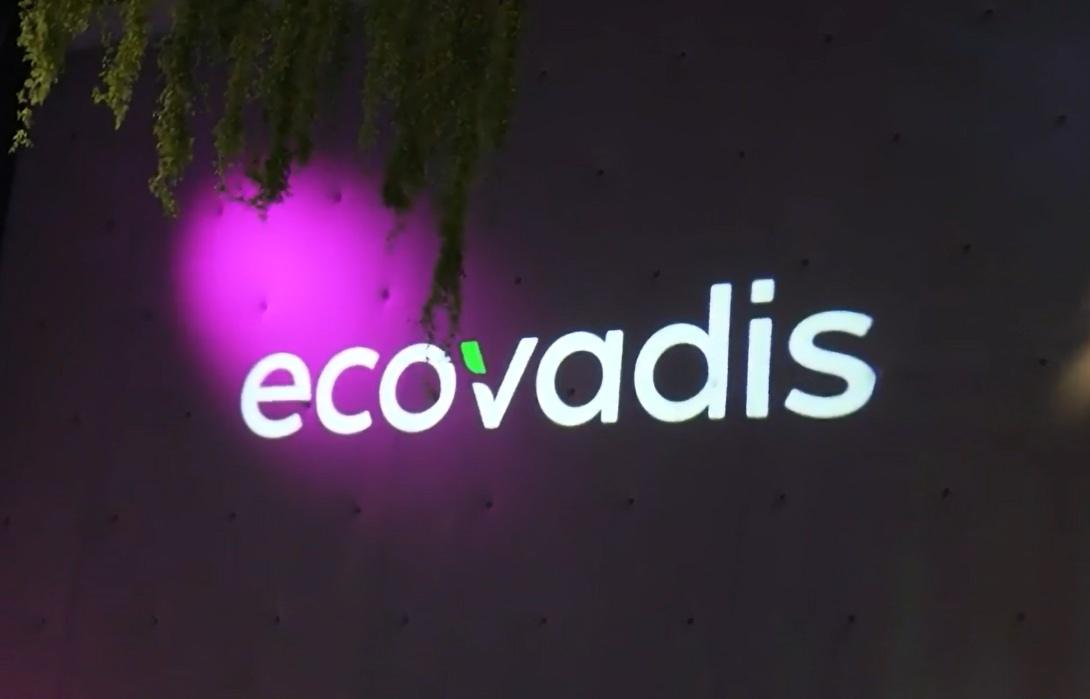EcoVadis Launches New Solution Enabling Workers Across Supply Chains to Report on Human Rights Issues
Business sustainability ratings and solutions provider EcoVadis announced the launch of Worker Voice Connect, a new digital grievance mechanism aimed at enabling workers to anonymously report on workplace concerns, allowing companies to monitor and address human rights issues in their global supply chains.
According to EcoVadis, the new solution aims to address a gap that exists in current grievance mechanisms, which focus primarily on issues such as corruption or compliance – rather than working conditions or human rights – and exclude on-the-ground workers that may be hesitant to use them or unaware that they exist, with a tool that allows workers to speak up at any time, and provides open, ongoing dialogue between workers, suppliers and companies.
Pierre-Francois Thaler, Co-CEO and Co-founder of EcoVadis, said:
“Grievance and whistleblower channels have been around for decades, but often only for direct employees. They rarely reach workers in the supply chain, leaving organizations blind to potential risks and limiting workers’ access to remedy.”
Key features of the new solution include anonymous two-way communication, accessibility through multiple channels such as WhatsApp, QR codes or the web and without requiring corporate apps or smartphones, support for 20 languages, access for suppliers and buyers to detailed dashboards to track cases and overall program performance, and support for data sharing across networks.
The solution builds on EcoVadis’ existing Worker Voice solutions, developed in collaboration with human rights analytics company Ulula, which it acquired in September 2024.
Thaler added:
“We’re experiencing increased global demand for labor and human rights solutions as new due diligence regulations and international labor standards increase scrutiny on global enterprises. Worker rights is an urgent ethical, financial and regulatory matter, and companies that fail to act will face real financial, reputational and legal consequences.”





